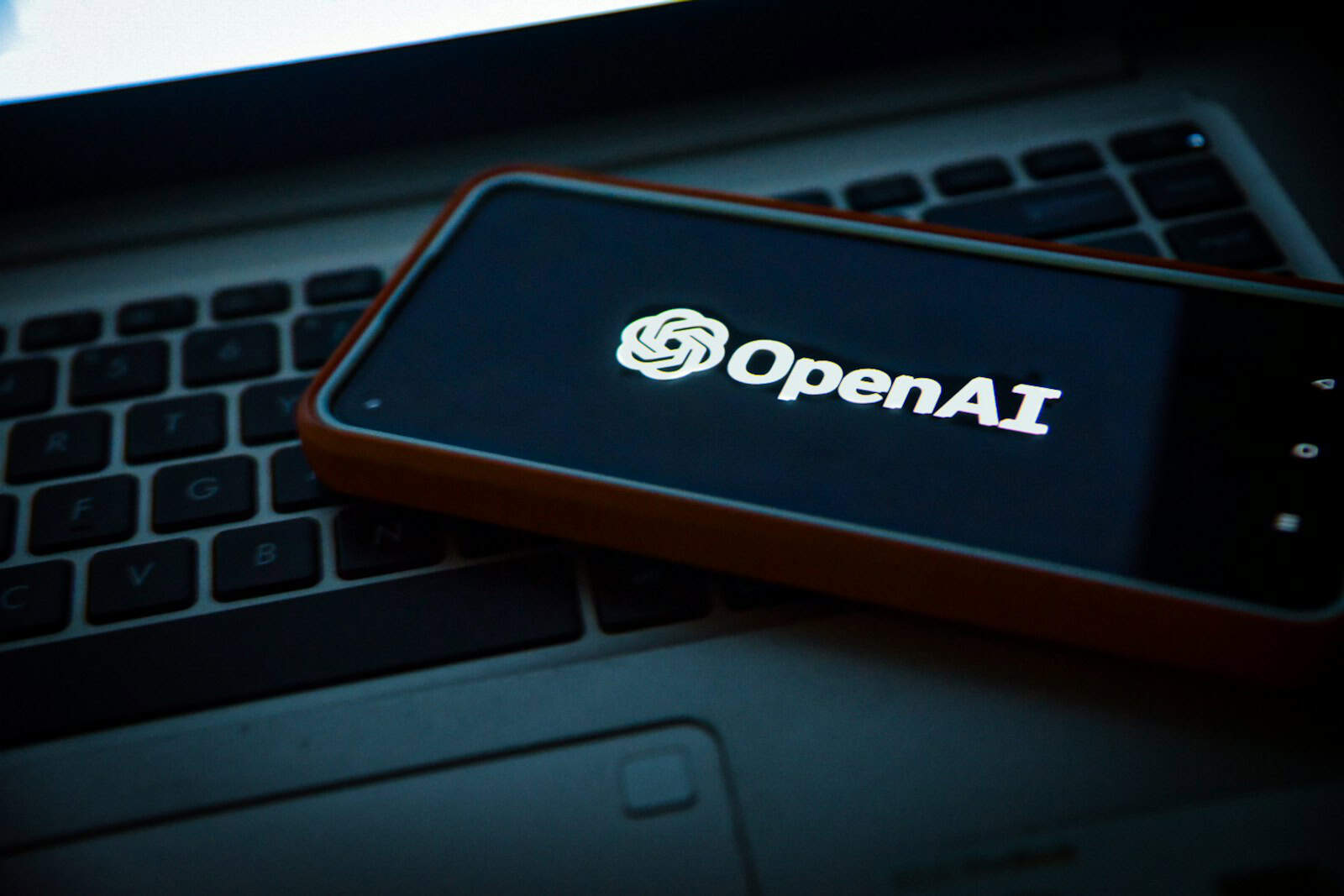Sam Altman, CEO of OpenAI, has recently made headlines by suggesting that Artificial General Intelligence (AGI) may be overhyped. His comments have sparked discussions about the future of AI and its potential impact on society.
Altman believes AGI will arrive sooner than most people expect but may have less impact than anticipated. This statement contradicts previous concerns about the risks associated with AGI development. Altman’s new perspective raises questions about the true nature of AGI and its potential consequences.
The AI community has long debated the timeline and implications of achieving AGI. Altman’s shift in stance highlights the evolving understanding of AI capabilities and limitations. It also prompts a reevaluation of the resources and attention devoted to AGI development.
Sam Altman on AGI: Hype vs. Reality
Sam Altman, CEO of OpenAI, recently made waves with his comments on Artificial General Intelligence (AGI). He suggests that the hype surrounding AGI might be overblown. Altman believes AGI will arrive sooner than expected but will have a less dramatic impact than many predict.
What is AGI?
AGI refers to AI systems with human-level intelligence. These systems could perform any intellectual task that a human can. AGI is a major goal of AI research, but it is still far off.
Altman’s View
Altman thinks the transition to AGI will be gradual. He does not expect a sudden shift where machines surpass humans. He believes AGI will be a “mile marker” on the path to superintelligence. Superintelligence refers to AI that surpasses human intelligence in all aspects.
Why the Cautious Approach?
Altman’s comments may seem surprising, given OpenAI’s work on advanced AI models. However, there are several reasons for his caution:
- Managing Expectations: Overhyping AGI can lead to disappointment and fear. It can also create unrealistic expectations about AI’s capabilities.
- Focusing on Long-Term Goals: Altman likely wants to focus on the long-term development of AI. This includes addressing safety concerns and ensuring AI benefits humanity.
- Shifting the Conversation: By downplaying the immediate impact of AGI, Altman may be trying to shift the conversation towards the long-term implications of superintelligence.
Implications of Altman’s View
Altman’s comments have several implications:
- AGI is Not Imminent: While AGI may be closer than we think, it is not right around the corner.
- The Transition Will Be Gradual: The development of AGI will be a gradual process, not a sudden event.
- Superintelligence is the Real Goal: Altman’s focus on superintelligence suggests that AGI is just a stepping stone to more advanced AI.
The Future of AI
Altman’s comments highlight the importance of responsible AI development. As AI becomes more powerful, it is crucial to consider its ethical and societal implications.
OpenAI’s Mission and Approach
OpenAI is a leading AI research company. Its mission is to ensure that artificial general intelligence benefits all of humanity.
OpenAI’s Principles
- Broadly Distributed Benefits: OpenAI wants to ensure that the benefits of AI are shared by everyone.
- Long-Term Safety: OpenAI is committed to researching and developing safe AI systems.
- Technical Leadership: OpenAI strives to be a leader in AI research and development.
- Cooperative Orientation: OpenAI is committed to working with others to achieve its goals.
Key Takeaways
- AGI may arrive sooner but have less impact than expected
- Altman’s stance on AGI risks has shifted over time
- The AI community continues to debate AGI’s timeline and implications
Impact of AGI and Public Perception
Sam Altman’s recent remarks on AGI provide a valuable perspective on the future of AI. While acknowledging the rapid progress in AI development, Altman cautions against overhyping the arrival of AGI and its immediate impact. He emphasizes a gradual transition and highlights the importance of focusing on the long-term implications of superintelligence. This measured approach underscores the need for responsible AI development and a thoughtful consideration of its potential benefits and risks for humanity.
The potential impact of Artificial General Intelligence (AGI) on society has sparked intense debate. Public perception varies, with some experts suggesting the technology’s effects may be less dramatic than often portrayed.
AI Development and Societal Changes
AI development continues to advance rapidly. Many tech companies are racing to achieve AGI, with predictions ranging from 2025 to 2027.
The potential societal changes brought by AGI are a topic of intense speculation. Some experts foresee rapid scientific progression and significant shifts in various industries.
AI systems are already transforming fields like healthcare, finance, and transportation. As these technologies advance, they may reshape job markets and daily life in ways both subtle and profound.
Safety concerns remain a key focus for AI researchers and policymakers. Ensuring AGI aligns with human values and ethical principles is crucial for its responsible development.
Sam Altman’s Perspective on AGI Hype
Sam Altman, CEO of OpenAI, believes that concerns about AGI’s world-altering impact may be overblown. He suggests the technology’s effects could be less dramatic than many anticipate.
Altman’s view contrasts with more sensational predictions about AGI’s potential. He emphasizes that while AGI is coming, its arrival may not lead to the radical societal upheaval some fear.
This perspective challenges the common narrative of AGI as an imminent, transformative force. It suggests a more measured approach to understanding and preparing for AGI’s eventual emergence.
Altman’s stance highlights the importance of balanced discourse in AI development. It encourages a focus on practical applications and incremental progress rather than speculative scenarios.
Technological Advancements and Business Influence
Sam Altman’s views on AGI have sparked discussions about technological progress and its economic impact. Industry leaders and researchers are reassessing the timeline for AGI development and its potential effects on society.
Innovation and Scaling in AI Technology
AI technology has made significant strides in recent years. Advanced AI models like ChatGPT have demonstrated impressive capabilities in natural language processing and generation. However, the path to AGI remains unclear.
Computing power plays a crucial role in AI development. Current hardware and data centers, often powered by Nvidia chips, provide the foundation for training large language models. High-quality training data is essential for improving AI performance.
Scientific progression in AI research continues to push boundaries. AI researchers are exploring new architectures and training methods to enhance model capabilities. The goal is to create systems that can think and reason more like humans.
Strategic Partnerships and Economic Outlook
Tech companies are forming strategic partnerships to accelerate AI development. Microsoft’s collaboration with OpenAI, involving a $6.6 billion investment, highlights the economic potential of AI technology. These partnerships aim to combine expertise and resources for faster innovation.
The AI industry’s economic impact extends beyond software. Semiconductor plants are expanding production to meet the growing demand for AI chips. This expansion creates jobs and drives economic growth in related sectors.
Funding for AI startups and research continues to increase. Investors see potential in companies working on advanced AI technologies. However, the long-term economic effects of AGI remain uncertain, with varying predictions from industry leaders.







